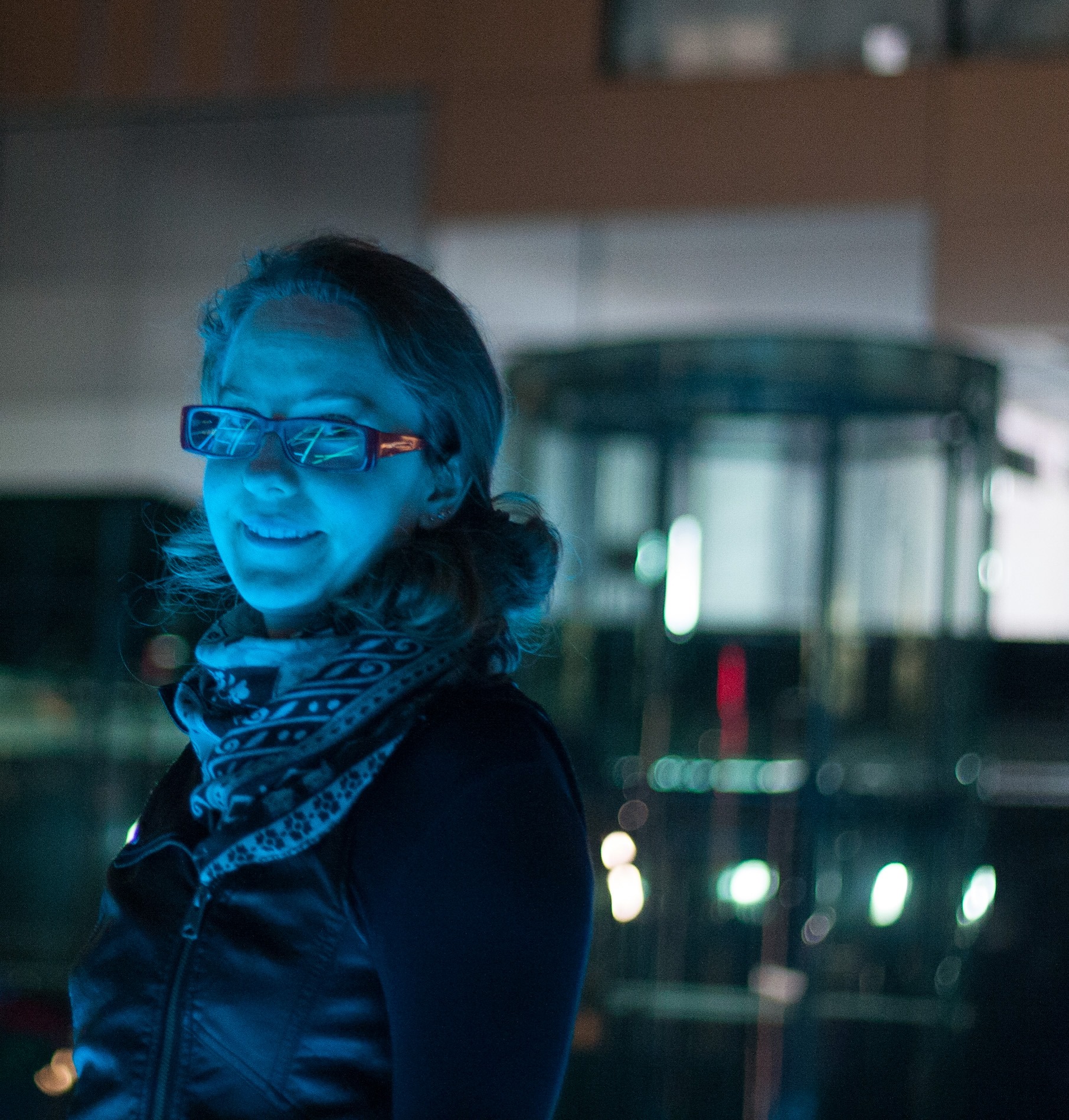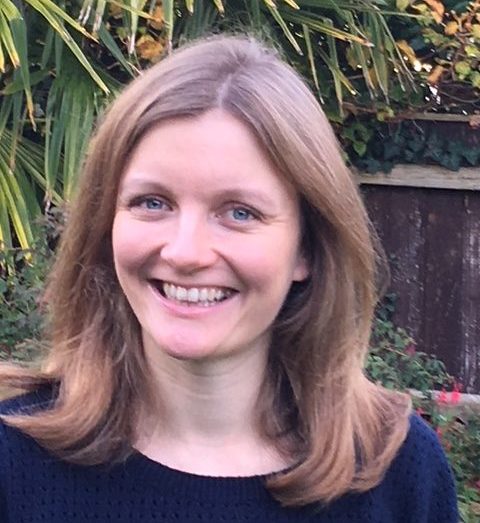PhD Materials Engineering, University of Exeter (2009)
| Membership Manager | |
|---|---|
| Royal Society of Biology | |
Year entered into a non-academic position: 2010
Job highlight: The need for innovation and problem solving on a shoestring budget.
What’s your background?
I studied for an MEng in Mechanical Engineering and then undertook my PhD full-time following my undergraduate degree. After that I worked on the editorial team at a travel comparison website, before working in the Civil Service as a Government Analyst.
Why did you move away from academia?
I could see that remaining within such a specific subject boundary or within the field of academic research would not bring the wide variety of problems to solve that I was looking for.
Is there anything you miss about academia?
The freedom to learn and think purely for the sake of knowledge and scientific advancement.
My research training set me up to rapidly synthesise information from a range of sources and to think about problem solving in a different way.
How did you get this job?
My previous role was as the Alumni Communications Officer for Cass Business School, where I overhauled their digital offering and all their communications and created a much tighter-knit community. My current role has many similar problems to solve and they could see the need for me to do so.
Did you think you had the skills required for your current position before you started? Were you right?
Yes I did think so, and so far I have been correct.
How did your PhD prepare you for your current job? For example, what were the transferable skills that you developed during your PhD that are most relevant to your current job?
Data analysis and presentation skills, which were essential throughout my PhD, have been very important. Data is the key to finding out the right direction to problem solve in, and presenting the data in an accurate and engaging way is how you get buy-in from others.
Did you have any preconceptions about your sector that proved to be wrong?
I thought that the charity sector would be as lean and agile as a start-up but it feels more like working at a university (as one of the professional staff, not in academia).
Can you describe a typical week in your job?
During a typical week I will spend time connecting with members on a one-to-one basis and helping them. I also push forward with my current improvement project whatever that may be. This could be designing the data collection, monitoring data, or presenting the results.
What’s the workplace culture like?
It’s a friendly culture. I really like that most people at the Royal Society of Biology have a scientific background and a scientific mindset – open to new ideas and ready to change their opinions based on data and new insights.
What are your favourite parts of your job?
I love it when members get really great service and come away from interactions with us enthused about the Society.
What are your reflections on your (future) career path?
I am excited to see what challenges are ahead. I have enjoyed finding challenging roles with new problems to solve and I plan to continue choosing my next role based on my skills and desires. Each job you work at builds on your skills and new opportunities open up.
Do you have any advice for current graduate students and postdocs considering a career outside of academia?
It feels a bit daunting to leave the safe harbor of academia because you will be leaving a more established progression route and there are not many “jobs for life” any more. But there are plenty of opportunities and you should not be afraid of a “portfolio career”. Life is what you make it!
The Royal Society of Biology is a single unified voice for biology: advising Government and influencing policy; advancing education and professional development; supporting our members, and engaging and encouraging public interest in the life sciences. The Royal Society of Biology represents a diverse membership of individuals, learned societies, and other organisations.






